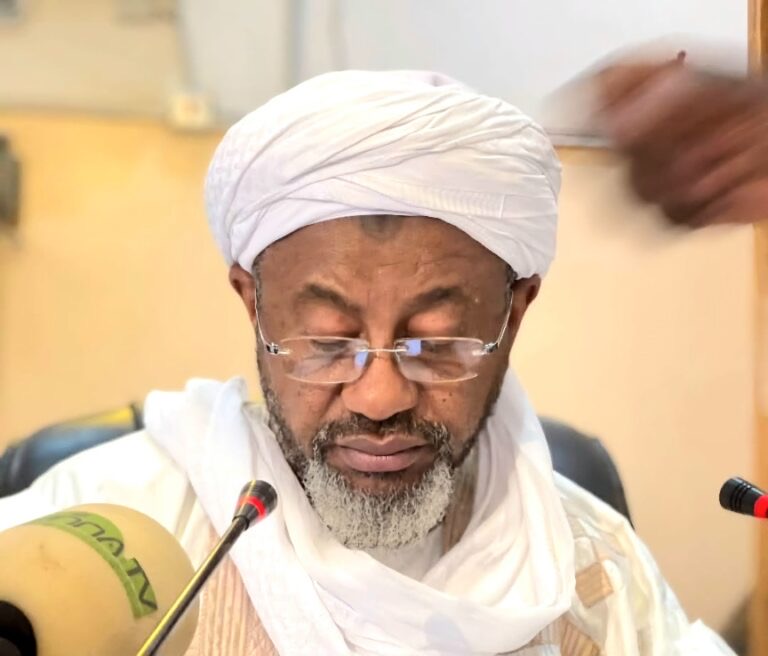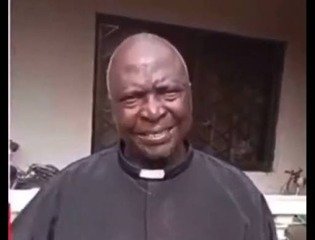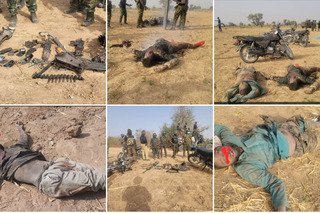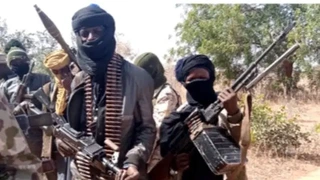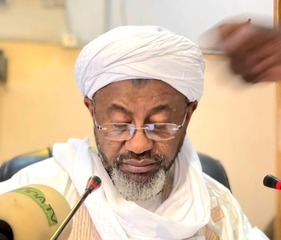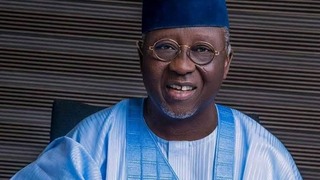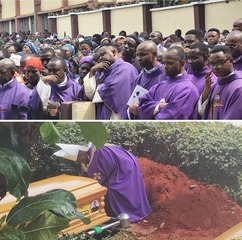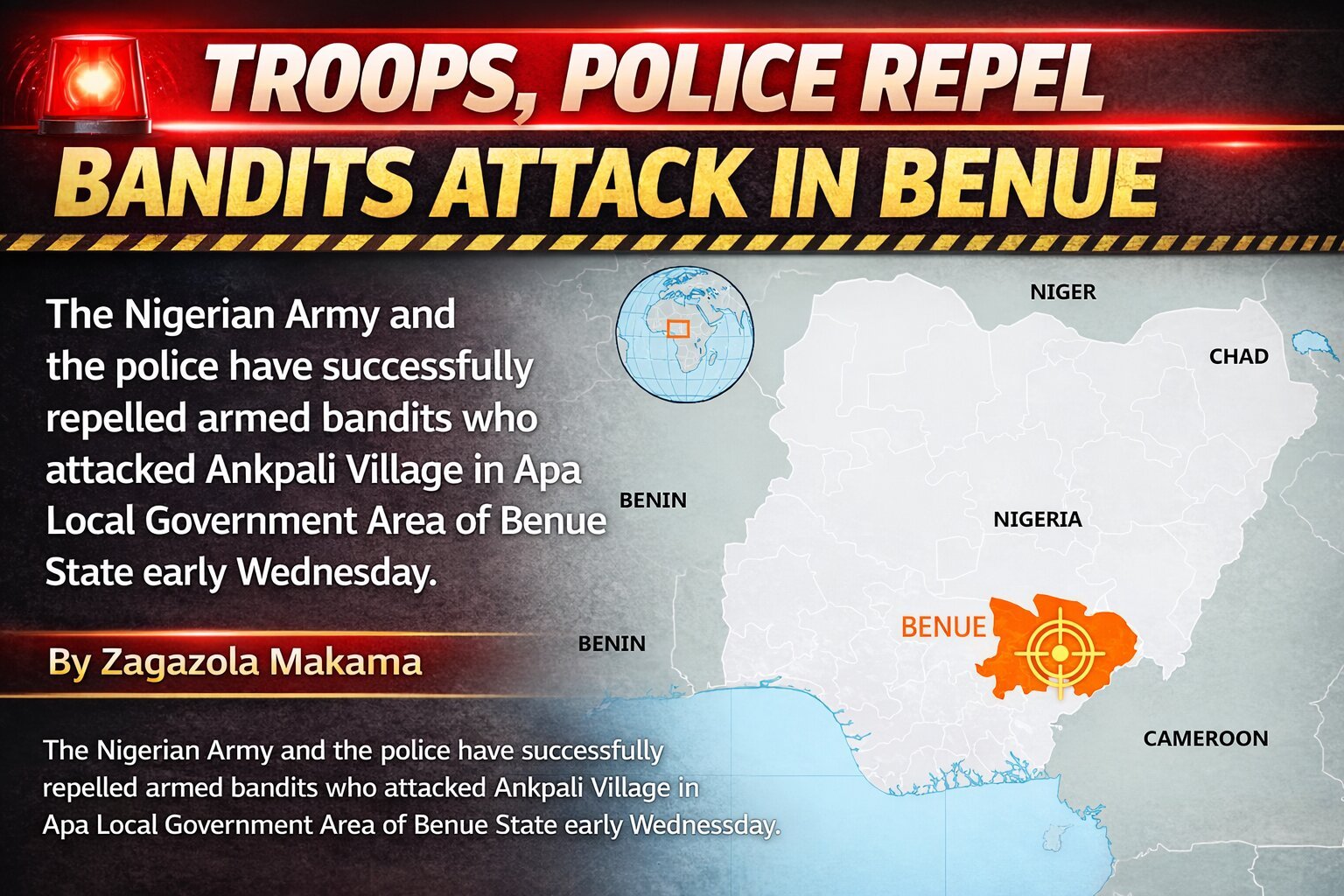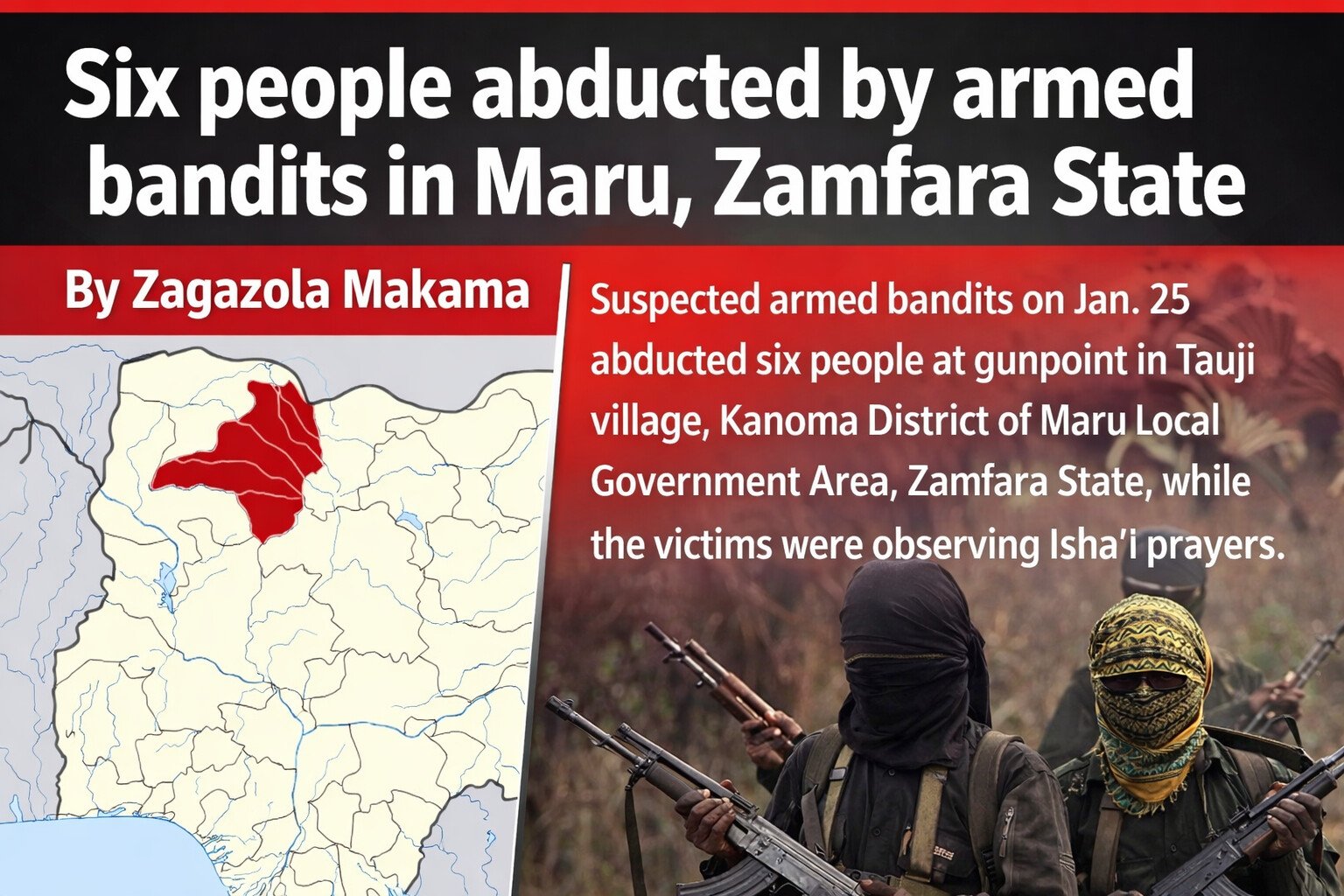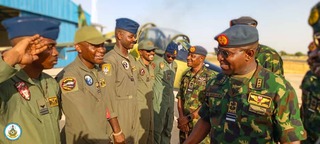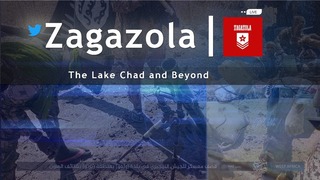Northern Ulamah condemn false genocide claims, call for unity, peace in Nigeria
By: Zagazola Makama
A congregation of Northern Ulamah, under the coordination of the Supreme Council for Shari’ah in Nigeria (SCSN), has condemned what it described as false and divisive propaganda by local and international groups alleging genocide against Christians in Nigeria.
The Ulamah said such claims were misleading and intended to sow religious discord, noting that Muslims have been disproportionately affected by insecurity across the country.
The position was contained in a communiqué issued at the end of a Special Northern Ulamah Summit on Contemporary Issues Facing the Nigerian Muslim Ummah, held on Wednesday at the Umaru Musa Yar’adua Hall, Murtala Muhammad Square, Kaduna.
More than 600 distinguished Islamic scholars, clerics, and leaders from across Northern Nigeria attended the summit, which brought together key Islamic organisations, including Jama’atu Nasril Islam, Tijjaniyya, Qadiriyyah, Jama’atu Izalatil Bid’ah Wa Iqamatus Sunnah (JIBWIS), Salafiyyah, Jama’atu Tajdidil Islamy, the Muslim Students’ Society of Nigeria (MSSN), and the Ulamah Council of Nigeria, among others.
In the communiqué, the Ulamah urged patriotic Christian leaders to speak truthfully about the security situation to foster mutual understanding and promote unity.
They also called on the Federal Government to urge the Christian Association of Nigeria (CAN) to “repudiate the falsehood” and for the media, both local and international, to uphold truth and accuracy in their reportage.
The Ulamah equally condemned “orchestrated efforts by certain elements to incite discord between Hausa and Fulani communities”, stressing that both groups share deep historical, cultural, and religious bonds that make them inseparable.
“The summit urged Muslims to reject divisive narratives and work collectively to promote regional harmony and national stability,” the communiqué stated.
The scholars reaffirmed the importance of unity, guided by the Qur’an and the Sunnah of Prophet Muhammad (SAW), as indispensable for addressing challenges facing the Ummah and the nation.
They pledged to strengthen brotherhood, mutual respect, and coordinated efforts to promote peace and stability.
Expressing concern over the misuse of social media to propagate hate and misinformation, the Ulamah called on preachers, youth, and influencers to use digital platforms responsibly to spread knowledge, morality, and unity.
They urged government to approach reconciliation efforts with caution and from a position of strength, especially in addressing insecurity and the rehabilitation of victims and affected communities.
The summit further rejected deviant ideologies that advocate reliance solely on the Qur’an while disregarding the Prophetic Sunnah, describing such teachings as misleading and dangerous to mainstream Islamic understanding.
On insecurity, the Ulamah called on the government to deploy all lawful means to tackle terrorism, banditry, kidnapping, and communal violence, while expressing readiness to collaborate through peace advocacy, moral reorientation, and community mediation.
The communiqué also addressed economic hardship, urging federal and state governments to implement effective and sustainable measures to alleviate poverty, create jobs, and ensure fair distribution of resources.
The summit expressed grave concern over the ongoing humanitarian catastrophe in Gaza, condemning Israel’s actions as “a grave violation of humanity and international law.”
It commended the Federal Government for maintaining its principled support for Palestine at the United Nations General Assembly and called on Muslims to sustain prayers, advocacy, and humanitarian assistance to the Palestinian people.
Recognising the importance of civic participation, the Ulamah encouraged Muslims, particularly youths, to actively take part in the ongoing Continuous Voter Registration (CVR) exercise ahead of the 2027 general elections.
They stressed that political engagement was a legitimate means of promoting justice, morality, and the welfare of the Ummah and the nation.
The summit concluded with prayers for peace, unity, and prosperity in Nigeria, reaffirming the Ulamah’s commitment to promoting Islamic values, interfaith harmony, and national stability through dialogue and moral leadership.

